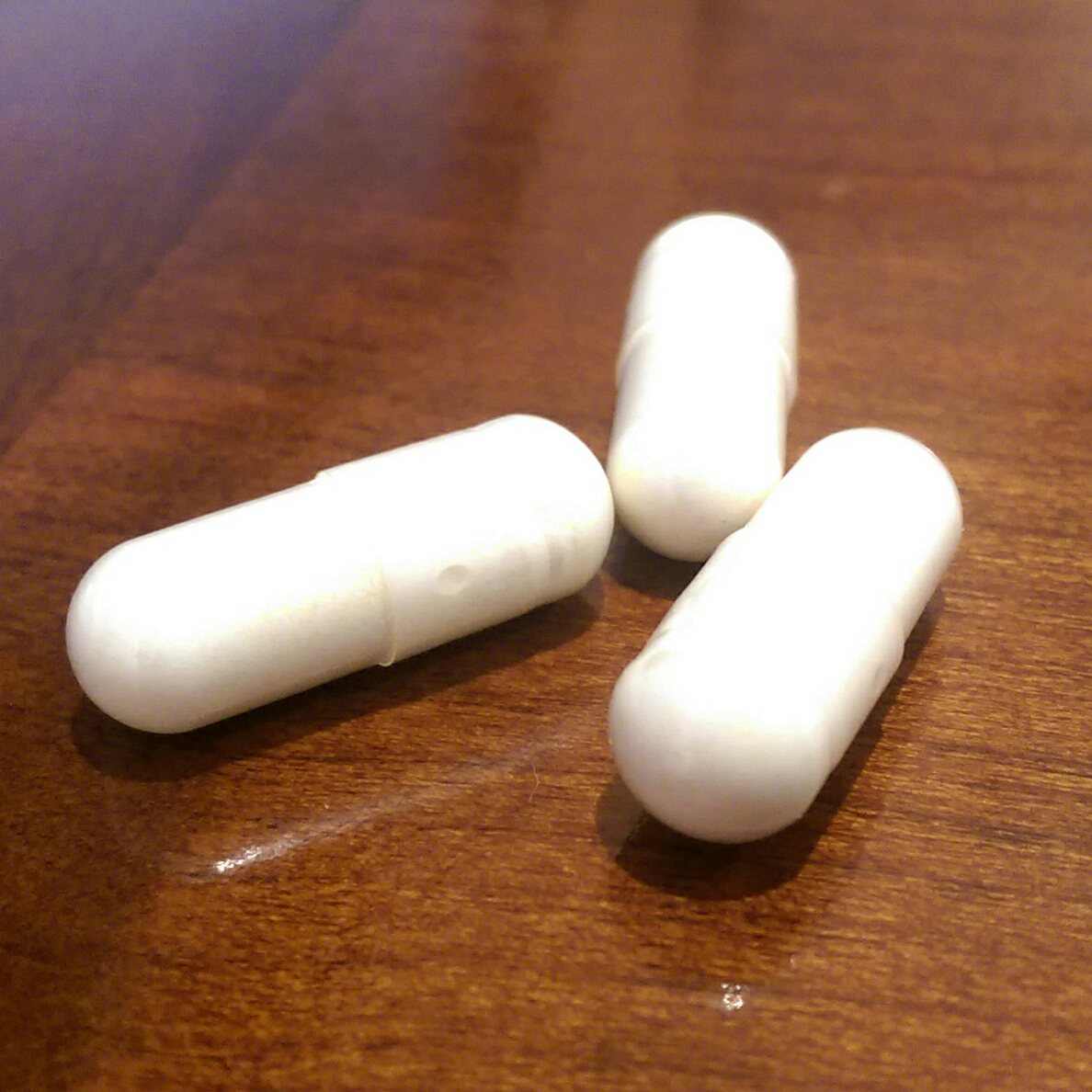
Vitamin D
Author: Dr. Tyler J Tonso, DC
Vitamin D plays an important role in several different functions in the body. Being deficient in Vitamin D is no longer simply associated with bony changes and abnormalities. Vitamin D receptors have been found in tissues varying from lymphocytes, the brain, and even the prostate. Therefore, it’s no longer a surprise that Vitamin D should be examined further as a supplement to help for a variety of health and immunity conditions.
It wasn’t long ago that the Food and Nutrition Board’s suggestion for daily intake of vitamin D was 2,000 IUs. This suggestion lagged behind research and did not explore the full benefits of Vitamin D, as well as the risks of being deficient. Research has shown Vitamin D to have an impact on cardiovascular health, depression, insulin resistance, migraine headaches, hypertension, fibromyalgia, immunity, musculoskeletal injuries, and much more. A recent study evaluated the 2015 NFL combine consisting of 214 top college athletes. Would you be surprised to hear that 59% of the athletes had at least insufficient(<31 ng/mL) Vitamin D levels and 10% were deficient(<20 ng/ML). Further evaluation found a significantly higher prevalence of injuries in the athletes with low Vitamin D levels.
The Ideal Range
Current research shows anywhere from 40-80 ng/ML is sufficient for Vitamin D serum levels. With perhaps an ideal range being 40-65 ng/mL. At these levels you could expect to get the full benefit from Vitamin D. While we can get vitamin D from sun exposure and fortified foods, people continue to be vitamin D deficient because they lack the sun exposure needed to attain these levels. Think of how much time we spend indoors, especially in the winter. This is partly why our immune system seems to always crater in the winter and during flu “season”. When was the last time you had your levels evaluated?
What do I need to take?
Physiologic demands require 3,000-5,000 IU/day. Therefore, most adults should take 4,000 IU/day. This is of course going to depend on your current serum levels. If you are already deficient then you will more than likely need to take more in order to increase your levels faster. Worried about getting too much? In adults you would need to take over 100,000 IU/day for several months in order to have toxic effects. It is important however to get your serum levels evaluated occasionally to ensure you are in the ideal range if supplementing.
Make sure you are taking D3, not D2, and also make sure to get it from a reputable source. Some companies have been found to have approximately 80% of the vitamin D in their supplements that they claim to have.
If you have any questions be sure to contact us at our office. Remember that supplementing with vitamin D should occasionally be evaluated with blood testing to ensure you are in the ideal range so you can experience the full benefits it has to offer.

Mar 21, 2017 at 8:53 PM
Good to know! Thank you!
Mar 21, 2017 at 2:19 PM
You're welcome, Tracy. Let us know if you have any questions.
Mar 22, 2017 at 3:31 AM
Hi Dr. Tonso! Great information! Our family has passed it around. Keep up the great work and being informative.